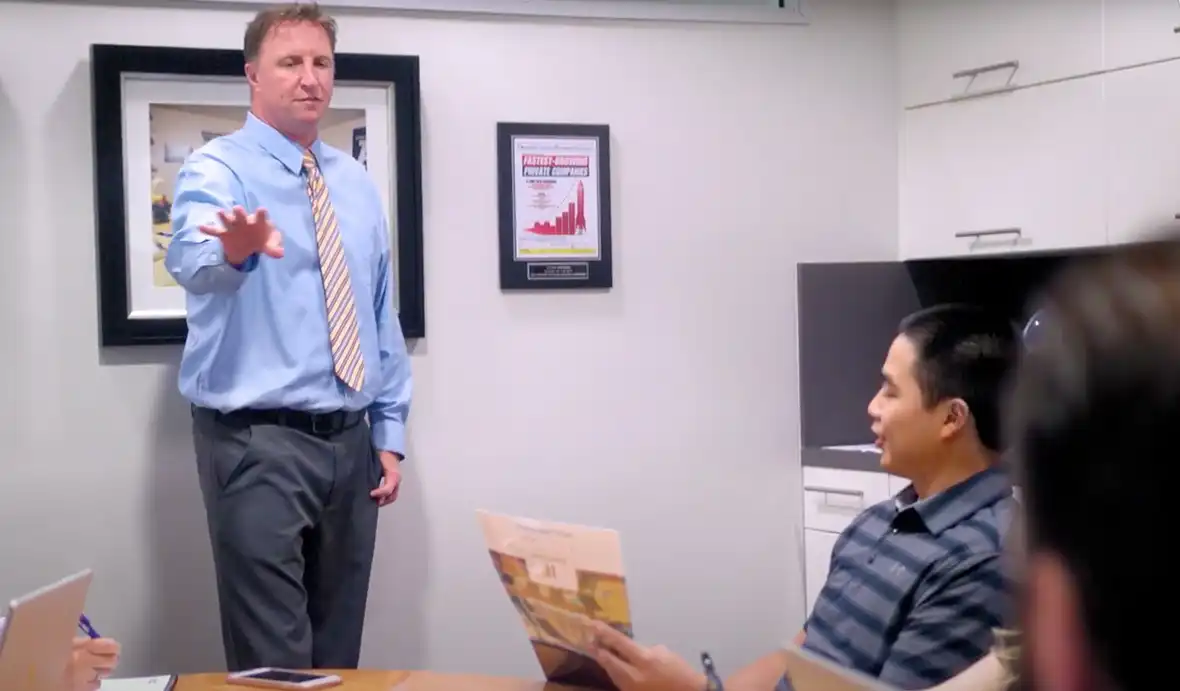Delaware statutory trusts are governing agreements under which tangible real estate assets can be administered and managed by a trustee(s) for the benefit of a trustor who owns a beneficial interest in the property held by the trust.
Forming DST’s can be formed relatively simple and inexpensive. To protect each party involved, a private agreement governing the trust must be developed and agree to by all parties. Once the agreement is final, a Certificate of Trust can be obtained from the Delaware Division of Corporations.
In 2004, Internal Revenue Bulletin 2004-33 declared that:
"A taxpayer may exchange real property for an interest in the Delaware statutory trust described above without recognition of gain or loss under § 1031, if the other requirements of § 1031 are satisfied”
The ruling opined that real property, held under a Delaware statutory trust, would be eligible for 1031 exchange, so long as trust met the following requirements:
- Once the offering is closed, there can be no future contributions to the DST by either current or new beneficiaries.
- The trustee cannot renegotiate the terms of the existing loans and cannot borrow any new funds from any party, unless a loan default exists as a result of a tenant bankruptcy or insolvency.
- The trustee cannot reinvest the proceeds from the sale of its real estate.
- The trustee is limited to making capital expenditures with respect to the property for normal repair and maintenance, minor nonstructural capital improvements, and those required by law.
- Any reserves or cash held between distribution dates can only be invested in short-term debt obligations.
- All cash, other than necessary reserves, must be distributed on a current basis.
- The trustee cannot enter into new leases, or renegotiate the current leases unless there is a need due to a tenant bankruptcy or insolvency.
DST Potential Benefits
Generally, a DST can be a fairly simple structure with lighter paperwork and easier to follow governing agreements. As decisions can be made by the trustee, DSTs are often preferred by lenders which could lead to potentially better loan terms than other 1031-oriented structures. DSTs may also have lower minimum investment requirements and may be less expensive to maintain in the future.
DST Potential Risks
Sun Pacific 1031 believes the biggest risks to a DST structure relate to the risk inherent with the real estate investments itself and/or the limitations in the seven requirements listed above. As a result, Titan1031 believes that only certain asset types and property strategies are better suited for DST structures. Please consult the Risk Factors contained in the PPM of a particular offering for additional risk factors to continue.


